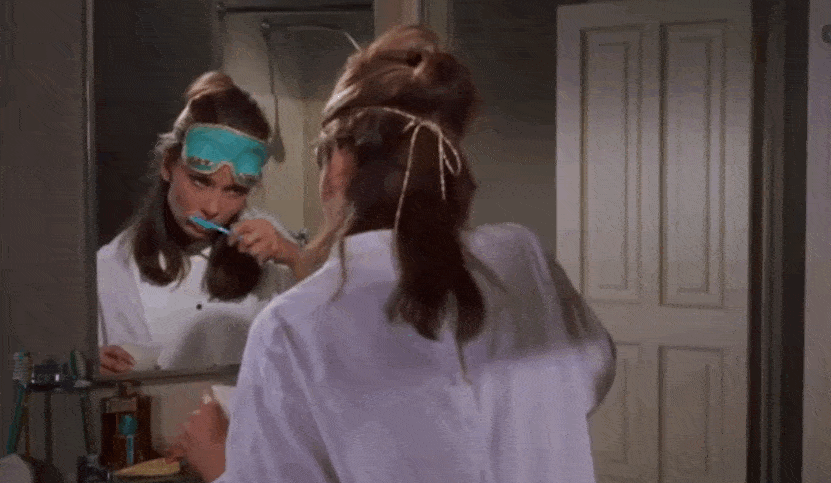Make Sure Your Smile Looks Good With The Help Of These Tips!
Not taking care of your teeth can give you a terrible tooth ache.
Tooth aches are painful but what's worst is that you might be losing your beautiful smile.

Maintenance is key. The condition of your teeth and gums is associated with a host of other health issues that involve your hormones and your heart, and your dental needs can change from decade to decade. Here are ways to take care of that beautiful smile of yours.
Perfect your stroke
Many adults never learned how to brush and floss properly, says Irwin Smigel, DDS, president of the American Society for Dental Aesthetics. Use a soft brush that has rounded nylon bristles and make gentle circular motions at a 45-degree angle to your gum line.
If flossing hurts or makes your gums bleed, keep working at it. "The more you floss, the tougher your gums become," explains Paula Jones, DDS, immediate past president of the Academy of General Dentistry.

Stop Smoking
"Smokers get periodontal disease at two to three times the rate of nonsmokers,” says Sally Cram, DDS, a periodontist in Washington, D.C., and a consumer advisor for the American Dental Association.
Smokers also don't heal as well after getting treatment for these gum infections. Need help quitting? Go to Health.com/smoking for tips and motivation.

Ditch the diet cola
Even sugar-free soda can destroy your pearly whites, thanks to the high acid content of most carbonated beverages. "Acid weakens enamel and makes it softer," Dr. Jones says. A fluoride rinse can help strengthen it.

Beware of overbleaching
"Once you achieve the shade you want, you can touch up once or twice a year," Dr. Jones says. "Any more than that can be damaging." While evidence that bleaching erodes enamel is inconclusive, it may increase sensitivity. And, the truth is, there's a limit to how much whitening you can achieve as you get older.
Take heart
Studies show that people with periodontal disease may have higher risks of heart attack and stroke, possibly because the infection increases inflammation throughout the body.
"I can't say that you're going to have a heart attack if you don't take care of your teeth," Dr. Cram says. "But if you have a family history of heart disease or other heart disease risk factors, it's a good idea to pay extra attention to your oral health."

latest
on KikayDepartment.com



















